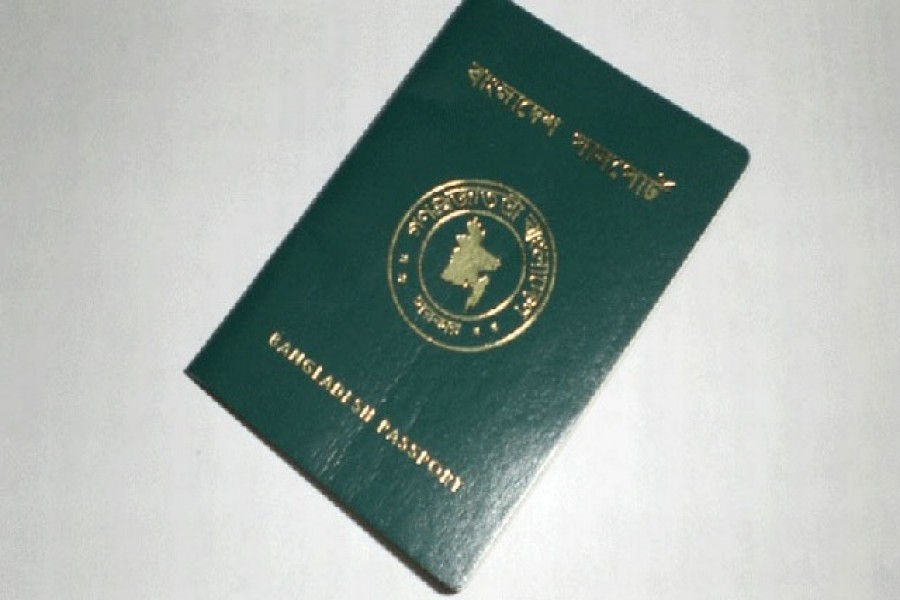That their passports are not held in high esteem by immigration people at many international airports is often noticed by Bangladeshis who travel widely. Their sense of pride as citizens of a country that came into being at a huge cost gets dented by the very neglect that the immigration and customs officials at many international airports demonstrate. But they have no option but to bear with it.
Their resentment would surely be fuelled further by the content of the Global Passport Power Index, prepared recently by the Henley and Partners, a US-based citizenship and residency consultancy firm.
Bangladesh is now ranked 100th in the Index, slipping five notches from its previous ranking. It has got three more countries---Lebanon, Iran and Kosovo---in the same ranking. Though not explained, reasons for those countries to be placed in that rank must be different from that of Bangladesh. Bangladesh and these three countries have visa-free access to 41 countries, according to the Index. Among the South Asian countries, Nepal and Pakistan are ranked lower than Bangladesh.
Japan has the most powerful passports with visa-free access to 190 countries followed by Singapore (entry to 189 countries).
Among the countries that have allowed Bangladesh passport holders visa-free entry are not the sought-after ones in Europe, North America, Middle East and Southeast Asia. The visa-free countries are dominated by the countries where Bangladeshis are not interested to visit for tourism or business or employment purposes.
All concerned are fully aware that the missions of the most popular destinations of green passport holders here are increasingly becoming choosy while granting visas. Some countries in the Middle East in the recent past had been reluctant even to issue visit visas. They are still not that open in the matters of issuance of visas to green passport holders.
However, the caution being exercised by many developed and affluent countries in issuance of visas is for understandable reasons. These countries are having tough time because of the entry of a large number of illegal immigrants. The existence of such immigrants has brought about a radical change in the domestic political landscape of a number of countries in the West. There has been an upsurge in populist sentiment in a number of countries with politicians favouring an anti-immigrant stance.
But these political leaders have, apparently, become oblivious of the contributions of the immigrants in shaping up the future of their countries. These countries would not have flourished and reached the present stage of development without the immigrants' contributions.
There is no denying that Bangladesh earns a substantial amount of foreign exchange remitted by both of its legal and illegal migrant workers. Without such earning, the country would have been in trouble in managing its external accounts.
But a country's national image matters. Bangladeshis who live and work in foreign lands or pay brief visits there do actually represent their beloved motherland. Governments and peoples of other countries would develop a positive attitude towards them only when they behave well and do nothing illegal. They should not do anything that makes them unwanted. In these areas, there are certain shortcomings. That is why the green passports are not liked that much in most popular destinations. One has to accept that reality. The nasty physical clashes, for example, between supporters of rival political parties in the streets or London or New York do not anyway brighten the image of the country or help its cause either.


